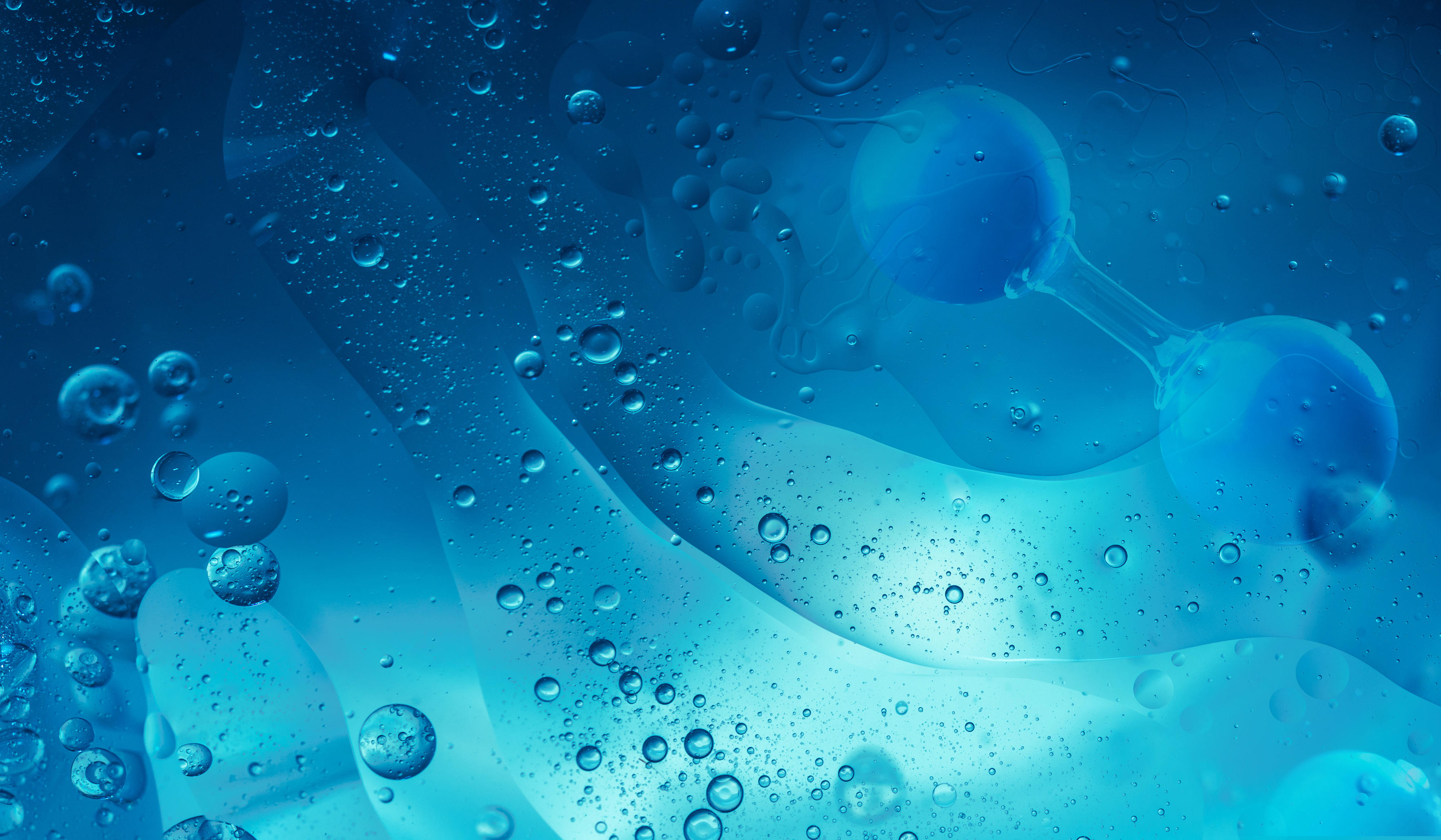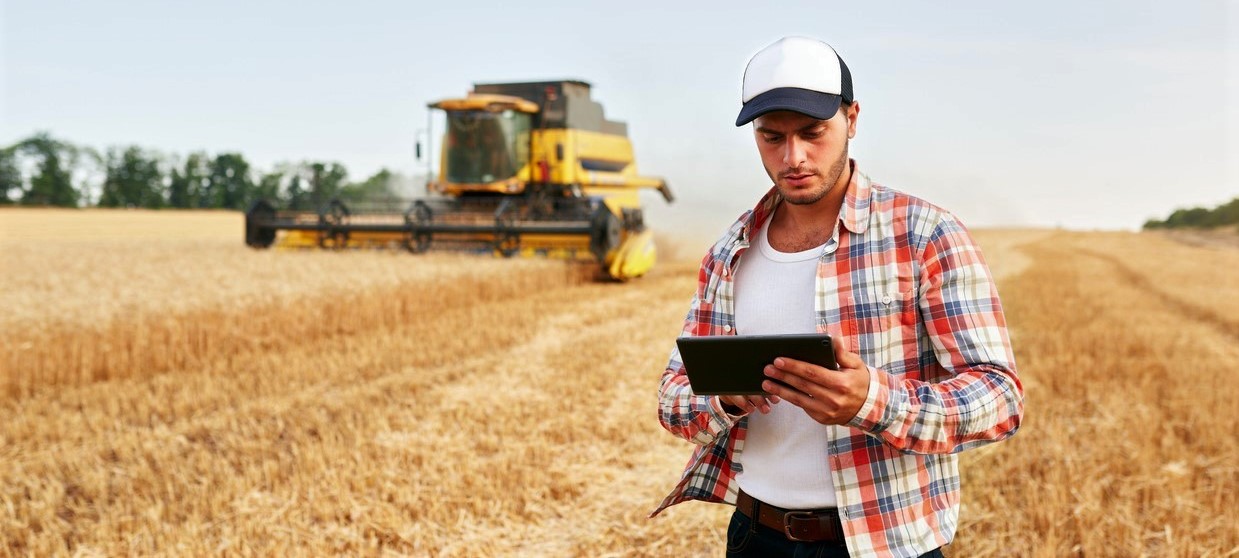DIN EN 61249-2-40
Materials for printed boards and other interconnecting structures - Part 2-40: Reinforced base materials clad and unclad - High performance, non-halogenated epoxide woven E-glass laminate sheets of defined flammability (vertical burning test), copper-clad for lead-free assembly (IEC 61249-2-40:2012); German version EN 61249-2-40:2013
Materialien für Leiterplatten und andere Verbindungsstrukturen - Teil 2-40: Kaschierte und unkaschierte verstärkte Basismaterialien - Kupferkaschierte mit E-Glasgewebe verstärkte Laminattafeln hochwertiger Qualität auf der Basis von halogenfreiem Epoxidharz mit definierter Brennbarkeit (Brennprüfung mit vertikaler Prüflingslage) für bleifreie Bestückungstechnik (IEC 61249-2-40:2012); Deutsche Fassung EN 61249-2-40:2013
Overview
This part of IEC 61249 contains requirements for properties of modified non-halogenated epoxide woven E-glass laminated sheet of a thickness of 0,05 mm up to 3,20 mm, of defined flammability (vertical burning test), copper-clad. The glass transition temperature is defined to be 170 °C minimum. Some property requirements are subdivided into several classes of performance. The class desired shall be specified on the purchase order, otherwise the default class of material will be supplied. The sheet consists of an insulating base with metal-foil bonded to one side or both. The resin system consists of woven E-glass laminate the resin binder of which consists of a blend of primarily di-functional non-halogenated epoxide, multifunctional non-halogenated epoxide and non-epoxide, with a glass transition temperature of 170 °C. The maximum total halogens - in relation to resin plus reinforcement matrix - is 1 500 ppm, with a maximum chlorine of 900 ppm and maximum bromine being 900 ppm. The flammability rating is achieved through the use of non-halogenated fire retardants incorporated into the polymeric structure. Inorganic fillers can also be added. Furthermore, contrast agents may be added to the laminate to enhance processing, for example, to increase contrast during automated optical inspection (AOI). Further clauses address the electrical and non-electrical properties of the copper-clad laminate. The unclad face of a single side clad sheet shall have the natural appearance resulting from the curing process. Small irregularities in colour are permitted. The gloss of that sheet face shall be that given by the press plate, release film, or release foil used. Variations of gloss due to the impact of pressure of gases released during the curing are permitted. The laminate thickness can be indicated on the purchase order either with or without copper-cladding. As a general guideline, for laminate thicknesses less than 0,8 mm the thickness is given without the cladding, for laminate thicknesses equal or more than 0,8 mm the thickness is given including the cladding. Subsequently, the non-electrical properties of the base material after complete removal of the copper foil are addressed. The etched specimens shall be inspected to verify that no surface or subsurface imperfections of the dielectric material exceed those shown below. The specimens shall be inspected using an optical aid apparatus which provides a minimum magnification of 4x. Referee inspection shall be conducted at 10x magnification. Lighting conditions of inspection shall be appropriate to the material under inspection or as agreed upon between user and supplier. The responsible committee is DKE/K 682 "Montageverfahren für elektronische Baugruppen" ("Electronics assembly technology") of the DKE (German Commission for Electrical, Electronic and Information Technologies) at DIN and VDE.
Document: references other documents
Responsible national committee
DKE/K 682 - Aufbau- und Verbindungstechnik für elektronische Baugruppen


